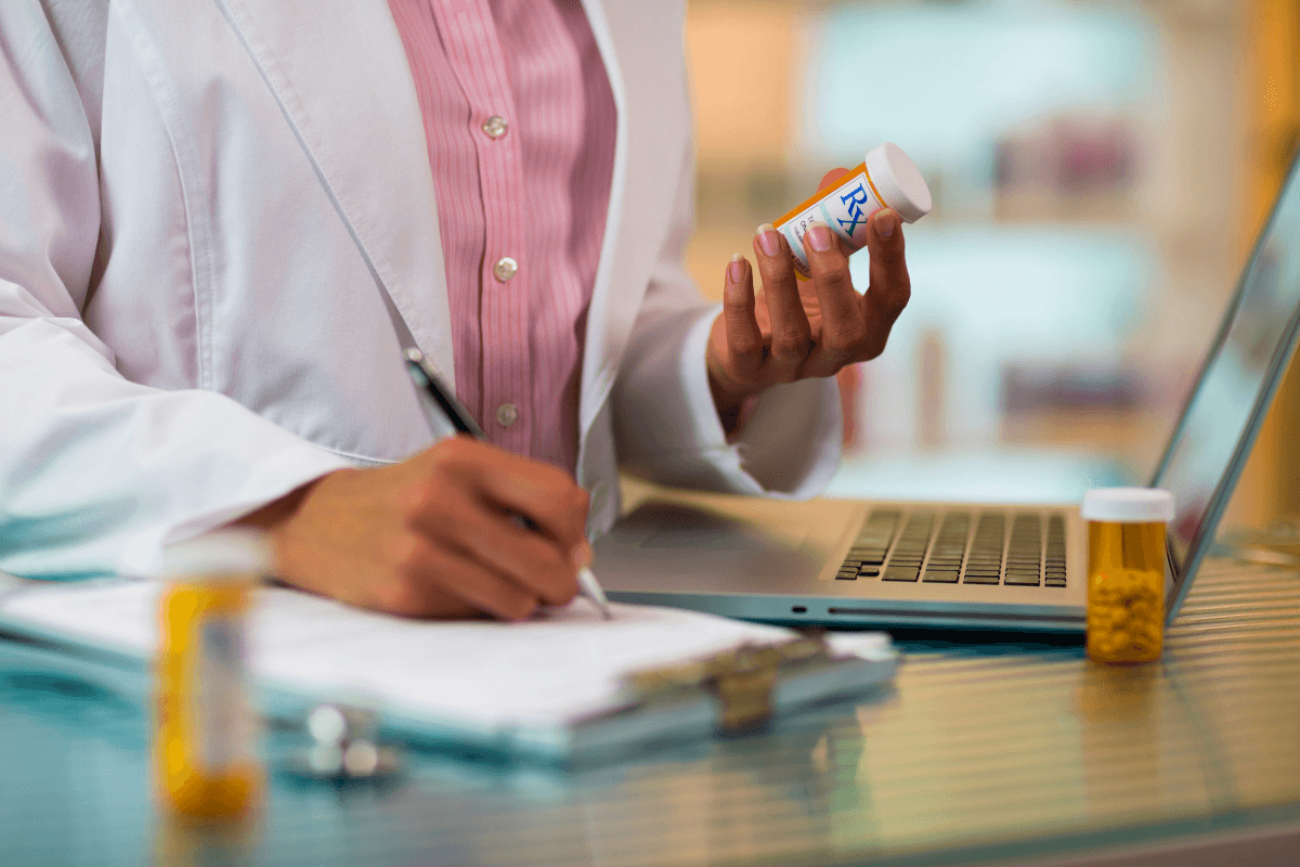As we age, our doctors prescribe medications to manage existing health conditions and prescribe some to prevent new conditions from arising. Despite being beneficial to our health, it can be quite a task to stay on top of your prescription medications, especially when you’re taking more than one. Taking a mixture of different drugs (also known as polypharmacy) can have a negative impact on the body if not taken properly.
More than 30% of seniors in the United States have had a negative reaction to their prescription medications, which is commonly due to forgetting to take medication(s) or accidentally taking large doses. To avoid this, it is important that seniors conduct good medication management to allow them to effectively manage their health needs. Here are some helpful tips to keep organized and avoid any medication errors!
"More than 30% of seniors in the United States have had a negative reaction to their prescription medications, which is commonly due to forgetting to take medication(s) or accidentally taking large doses."
Pill Box
Pill boxes are marked with the days of the week, and they’re an effective way to keep track of which medications you should take on a daily basis. You could also have a separate box in another color for medications that you should take in the evening. Create a detailed chart of the medications that you have to take each day and fill those pill boxes accordingly every week.
Make it a Habit
For someone who is busy, they may not always remember to take their medications when needed. As such, it is important to incorporate the taking of medication(s) into your daily routine. It could be taking it after meals or before going to work. By doing so, you will remember to take your pills on time and keep the health risks at bay.
Reminders
Create reminders for yourself to take your medication. This could be placing a post-it to remind yourself to take your medication. This can also come in a form of a calendar to mark off the times/days that you have taken your medications. You can even print out some handy medication templates here.
Alarms
We often use alarms as a way to wake up early in the morning. In the same way, you could use alarms as a means to remind yourself to take your medication at that time. There are also many useful apps on our smartphones that can be used to remind us to take our medication when needed. For those needing additional support, enlisting a home care aide will be useful in reminding yourself to take your medication.
Keep a Detailed List
In order to prevent dangerous drug interaction, do keep a detailed list of the medications that you take daily that include the drug name, dosage, expiration date, if it should be taken with or without food, and frequency. This can include herbal supplements, over-the-counter medication, and any prescription drugs. Not only is this a good reminder of the type of medications you are taking, but it can also be helpful in indicating how much you should refill at the pharmacy.
Taking this list and verifying them for any dangerous drug interactions with your doctor can prevent any risk from drug interactions is also an important tip to keep in mind.
Communication with Your Doctor is Key
Doctors often prescribe medications that they believe can help patients in alleviating certain health conditions that they may have. However, there are still times where the prescribed medication can have adverse effects on the body. There are also instances where the prescribed medication is not reacting well with each other. Do not hesitate to call your doctor if you feel that you may have an adverse reaction to the prescribe medication. They can offer alternative therapy options to help you feel better.
With TouchCare’s prescription program RxCare, we can ensure that you’re getting all your medication needs for the best value. Click here to schedule a consultation.
Inhale. We've got this. Exhale.
Understanding healthcare; with us, it’s personal.


